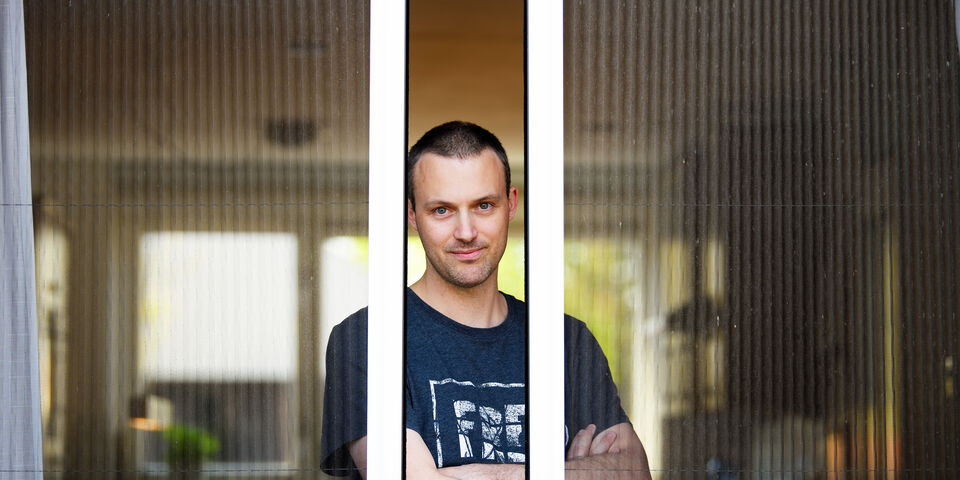Directives
The Minister of Education recently presented a set of directives. Universities should reduce the workload. Universities should start teaching mostly in Dutch. Universities should submit fewer research proposals. What if we tossed all these directives overboard?
The minister's message is clear: education policy works top-down and of course all directives should be implemented with less money.
At TU/e, we are not averse to directives either. This tool has long been used by the TU/e to control education: You should implement challenge based learning, you should teach courses of 5 ECTS in 7 weeks. You should organize interdisciplinary projects. You should build free spaces into your program. These are just a few examples of these directives that should all be implemented without additional resources. The message from Bachelor College and Graduate School is clear.
And like the minister's guidelines, these internal guidelines are not based on any logic, but are politically colored. They are opinions (in the case of the minister the opinion of the coalition, in the case of the TU/e the opinion of, partly externally hired, self-appointed experts) that have been converted into generally applicable policy, without room for discussion, without room for individualization and especially with a lot of stress on the part of those who have to implement the directives.
I have often opposed these directives in recent years. Whenever possible, I will question their usefulness and rationale, and more than once I found supporters among my teaching colleagues. I also received plenty of backlash often enough. Partly from people who firmly believe in forced educational innovation, but mostly from executives. They mainly think I should ask more questions about what is still possible, instead of focusing on what is no longer possible (or allowed).
So I could not suppress a big smile when I read the reaction of four deans to the minister's plans ('TU/e deans respond to minister'). Each of them filleted the minister's directives and even accused him of being unworldly. And they have very good points, of course, but my reaction, if I were minister, would be: Don't put so much emphasis on what can no longer be done, but look at what can still be done and especially how.
As my fellow columnist Thijs Schoenmakers already wrote: 'Budget cuts: TU/e must go back to the essentials'. According to the minister that is efficient education for the, mainly domestic, masses. And because I'm not a bad person, I like to think along constructively.
So my proposal is as follows. Ditch all the guidelines about CBL, interdisciplinarity and free choice and go back to the essence: Provide courses that fit the learning objectives in terms of teaching methods and examination (for the educationists: that's called 'constructive alignment') and define programs with a clear identity and limited, structured freedom of choice.
My prediction is that the workload will decrease, the VWO intake will increase and that we will also prove able to retain our own Bachelor students for a Master's degree and perhaps a PhD at TU/e.
Boudewijn van Dongen is a professor of Process Analytics at TU/e. The views expressed in this column are his own.


Discussion